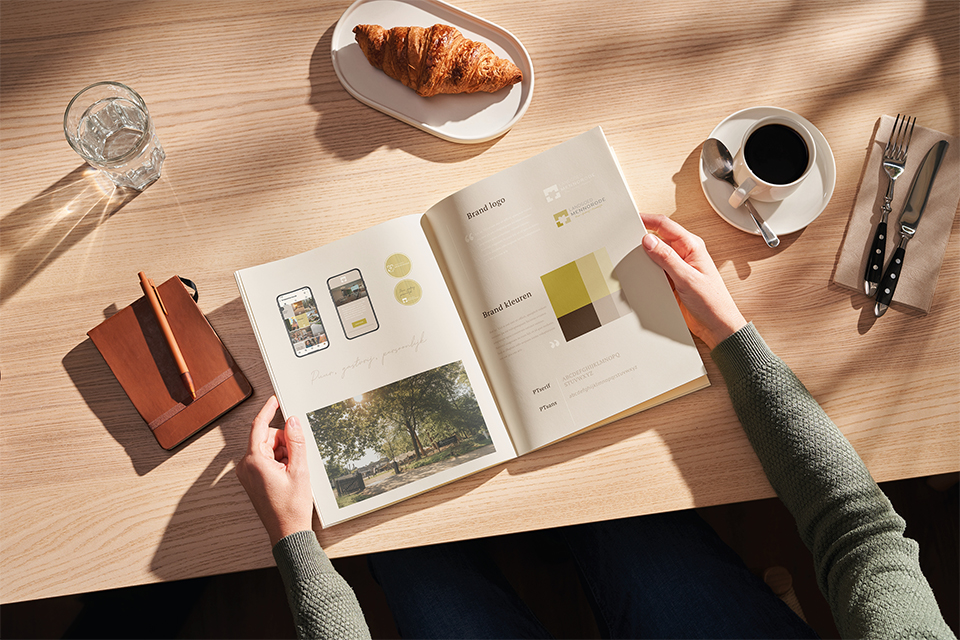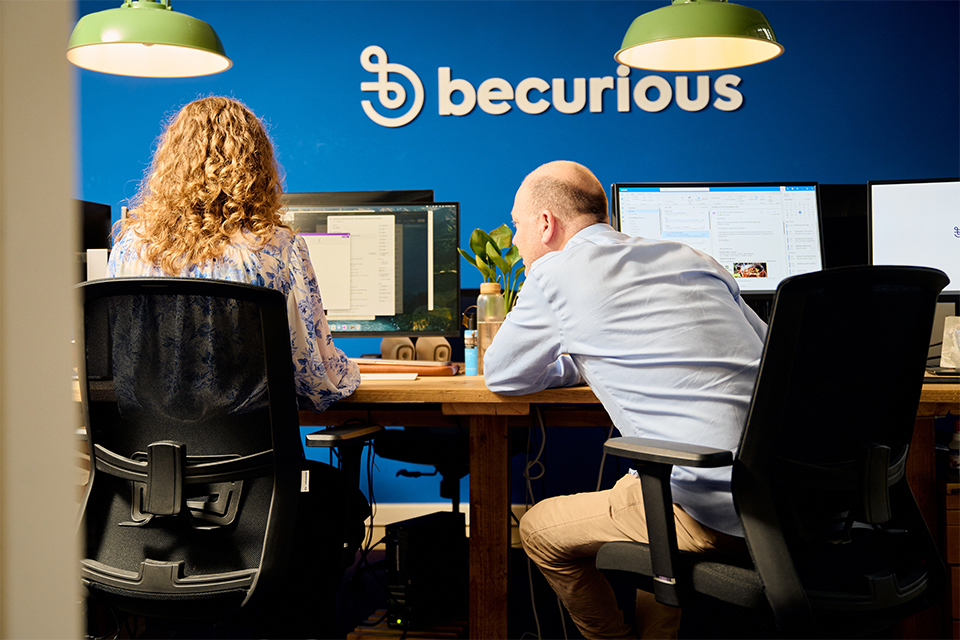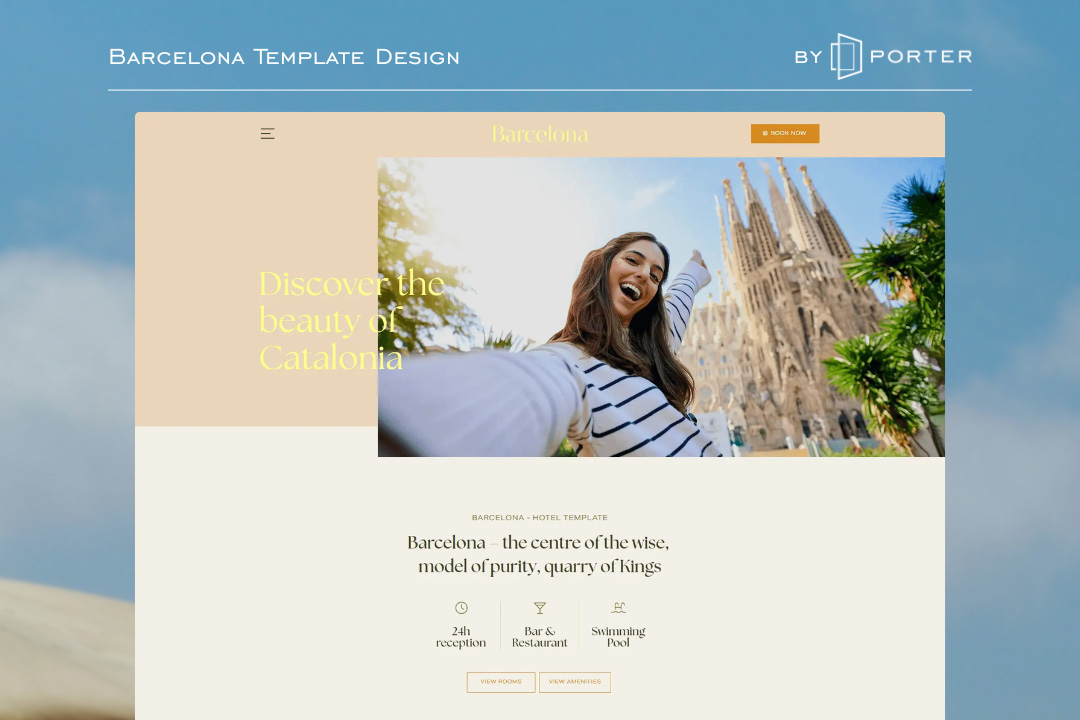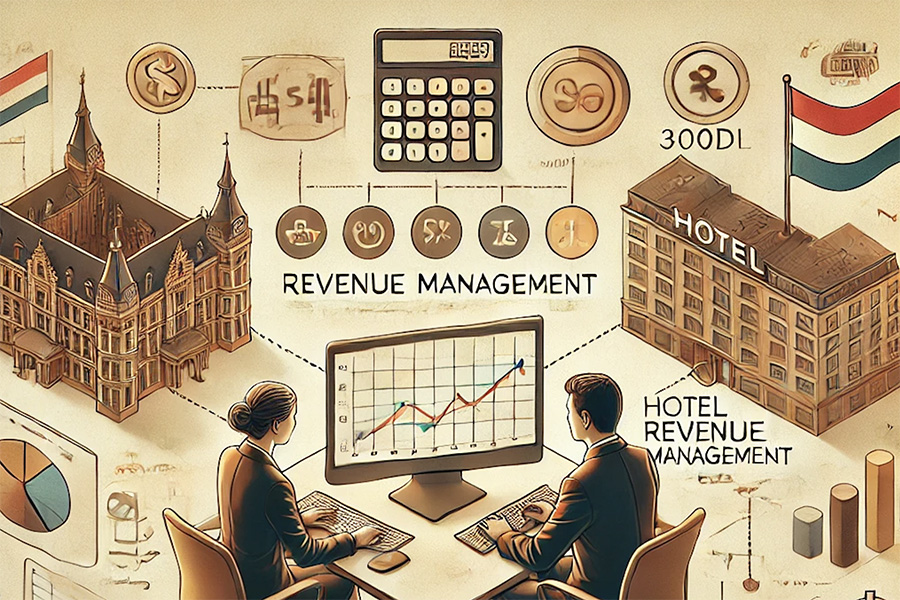
How hotels can respond to the VAT increase
Making progress in challenging times
The hotel industry faces challenging times, according to recent warnings from ABN Amro, Rabobank and Koninklijke Horeca Nederland (KHN). They all point to the impact of changing economic conditions and the upcoming VAT increase on accommodation services from 9 per cent to 21 per cent. How can hotels remain attractive to guests without losing their margins? This requires a well thought-out strategy, smart marketing and a sharp focus on revenue management.
The upcoming increase in VAT on lodging is forcing hotel managers to rethink their pricing strategies. One obvious option is to simply increase prices by the same percentage. But is that also the wisest choice? Rates that are too high can deter guests and lead to a decline in bookings. To overcome this challenge, an integrated approach to revenue management and marketing is essential, focusing on value perception and customer loyalty in addition to price.
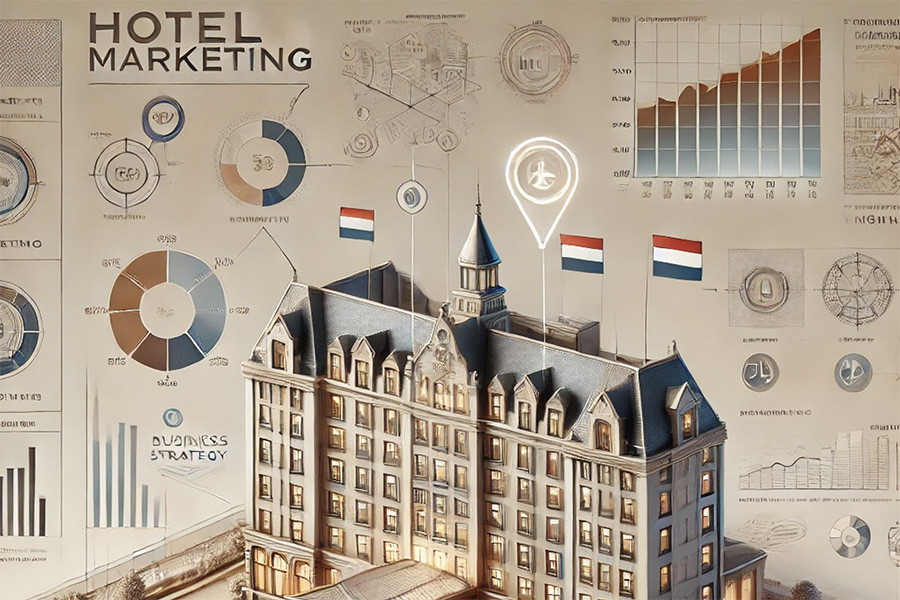
Value creation as a spearhead
Value creation is now more important than ever. Guests need to feel that they are getting more for their money, even as prices rise. Hotels would do well to highlight their unique selling points (USPs) and market them effectively. Consider, for instance, the location, atmosphere, sustainability or unique experiences that make a stay special. A strong marketing strategy is crucial here. The hotel's story, told in an authentic and inspiring way, helps to convey the added value beyond just the overnight rate.
Content marketing can play an important role here. Share guest stories, special experiences or the team's involvement in the local community. Such stories touch people and strengthen the emotional connection with the brand, making price less decisive.
Smart revenue management strategies
Revenue management is no longer just about optimising prices, but about a complex balance between supply and demand: the right price, at the right time, for the right guest. The upcoming VAT increase brings new dynamics to this. Flexibility and data-driven analyses are essential to identify and make the most of opportunities. Differentiation in pricing strategies can help to mitigate the negative impact of the VAT increase. Consider dynamic pricing, where prices are adjusted daily or even hourly based on demand. Here, it is important to use data to understand what guests are looking for, which segments are price sensitive, and how that sensitivity can be reduced by adding value.
In addition, bundling services can make the VAT increase less noticeable to guests. A package including breakfast, late check-out or other extras can increase the perception of value, with some services being able to be listed separately on the invoice as they fall under the lower VAT rate.
Cooperation with local entrepreneurs, such as restaurants, attractions or wellness centres, can help create a distinctive offer and make the region more attractive.
Dare to invest
While it may not be the first reflex, the VAT increase can also be a catalyst for investment in improvement. In times of uncertainty, it is tempting to cut spending, but in the long run, boldness and vision are needed. Investing in technology, such as an advanced Property Management System (PMS) or smart tools for revenue and marketing, can increase efficiency and improve the guest experience.
Investments in sustainability can also positively affect both margins and hotel perceptions. Conscious consumers appreciate hotels that capitalise on sustainable tourism. Moreover, energy-saving measures contribute to lower operating costs, which protects margins in the long run.
Stronger together in a changing market
The challenges facing the hotel industry are great, but working together can make the industry stronger. By sharing knowledge and experiences, hoteliers can help each other with smart pricing strategies, local collaborations and creative marketing solutions. The question is not whether we should change, but how to turn this change into opportunities.By investing in value, marketing and smart revenue strategies, the hotel industry can seize the current challenges to emerge stronger from these challenging times.
